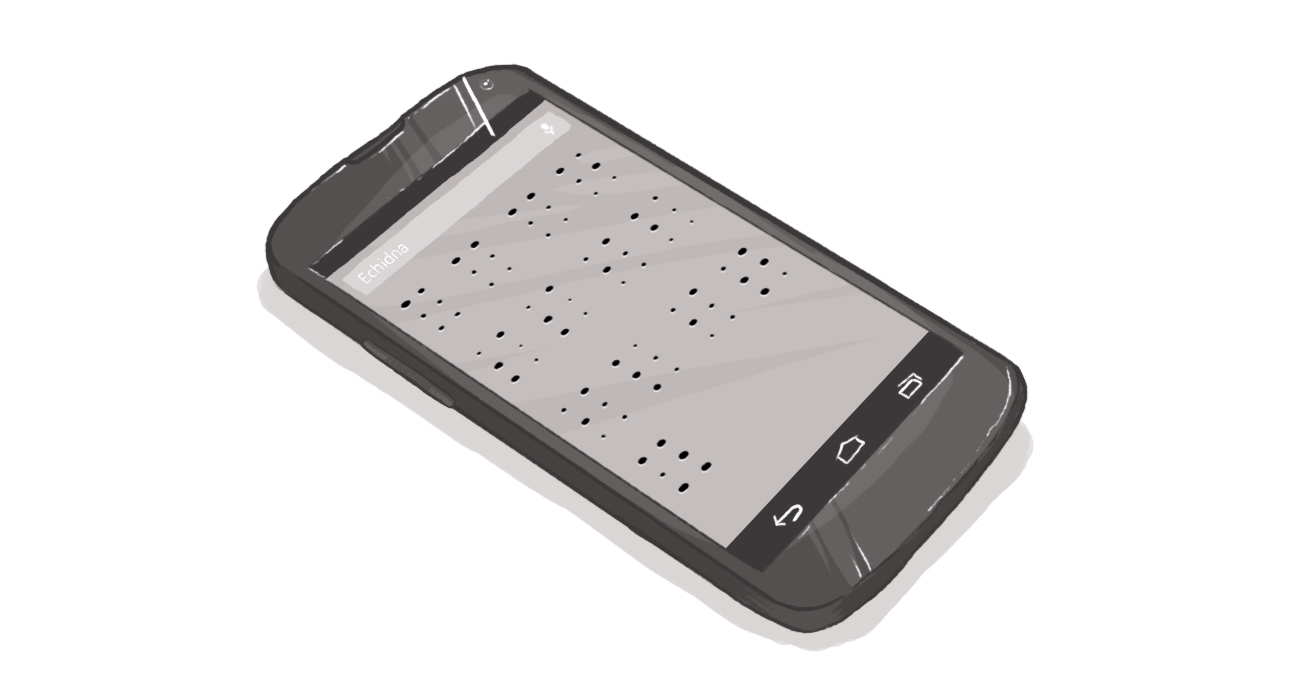Accessibility Lessons from Robert Munsch

Let's celebrate the birth of an icon and explore how his lessons continue to resonate in the world of accessibility.
The beloved storyteller and children's author, Robert Munsch, celebrated his 70th birthday last week on June 11, 2015. Though born in the U.S., Munsch moved to Canada 40 years ago and has since become a beacon of Canadian pride -- earning the prestigious Order of Canada.
So, to celebrate this momentous occasion -- and this monumental Canadian -- I'd like to reflect on the lessons the world of web accessibility can extract from his work.
Know your Audience
Munsch told stories years before he wrote them, refining them with each telling. Each time he customized them to his audience – using children's names and their particular circumstances to make each telling unique.
Understanding how your target audience will use your site is essential, whether they have accessibility needs or not.
Seamless Integration
Munsch's protagonists are ethnically diverse and hail from a variety of places. His book Zoom! features a central character in a wheelchair. All of his protagonists have virtues and flaws, but they are kids first.
Approaching accessibility from a human standpoint – that we all are computer users who need to access the same information, rather than special interest groups separate from the wider community – is a great way to approach universal access.
Alternate Formats
The Accessibility for Ontarians with Disabilities Act requires that all electronic and printed material be available in a variety of formats for those with print disabilities.
Munsch's books are available in many languages, including eight Aboriginal languages. They are also widely available in Braille and audio formats. While adequate colour contrast is a part of WCAG 2.0 at all levels, using purple, green, and yellow on the same webpage is entirely your choice.
As I have written before, providing accessible material helps to build positive relationships with users. Munsch did just that with me.
When he came to my elementary school, he somehow just happened to have a print/Braille copy of The Paper Bag Princess with him. How he knew to bring it I, don't know. Logic suggests he was tipped off by a teacher; I choose to believe it was magic. Either way, it is a fact that Munsch chased my mum and me down as we were leaving the school yard, asked me my name and if I read Braille. When I said yes, he signed the book and gave it to me. This experience left a lasting positive impression on me about the man and his work.
So whether you read Angela's Airplane or Aaron's Hair, I hope you celebrate Munsch by learning from his approach to accessibility.
Who is Robert Munsch?
SUBSCRIBE TO OUR E-NEWSLETTER
 Subscribe
Subscribe


